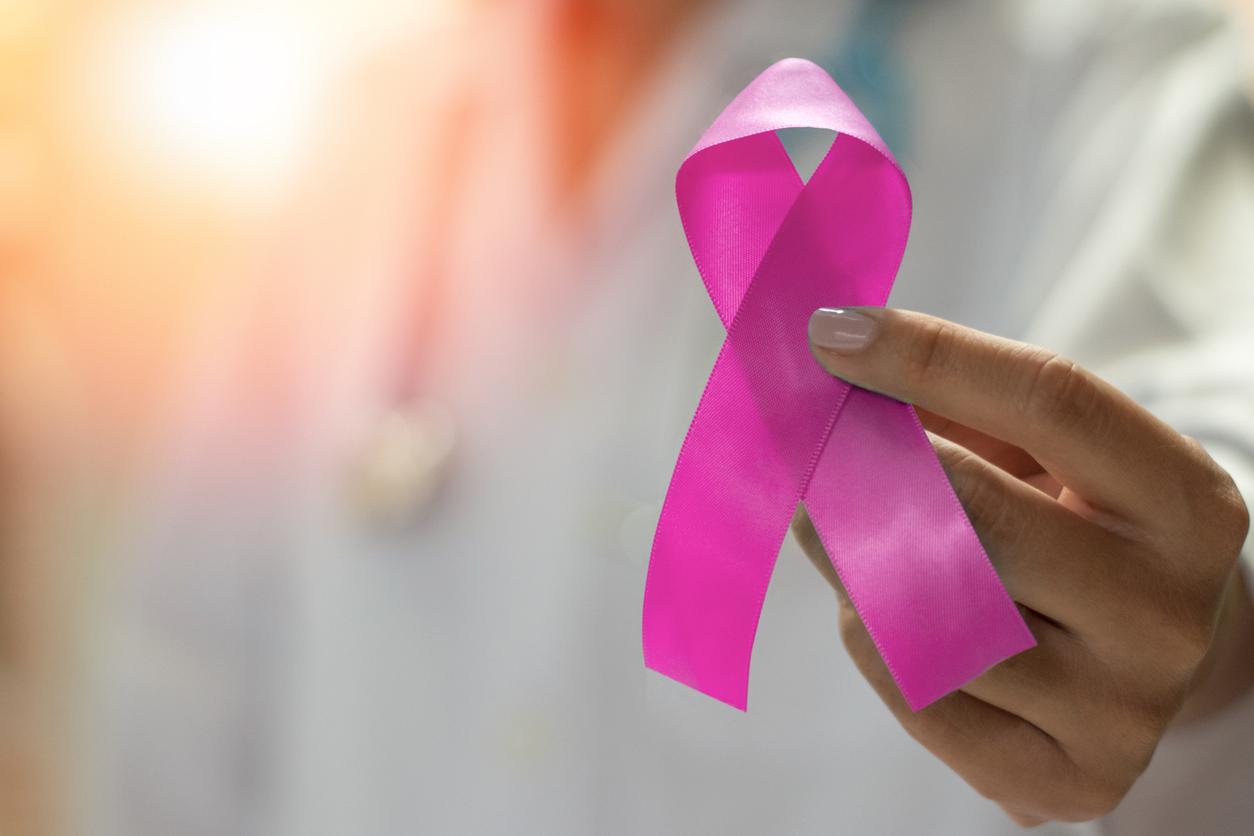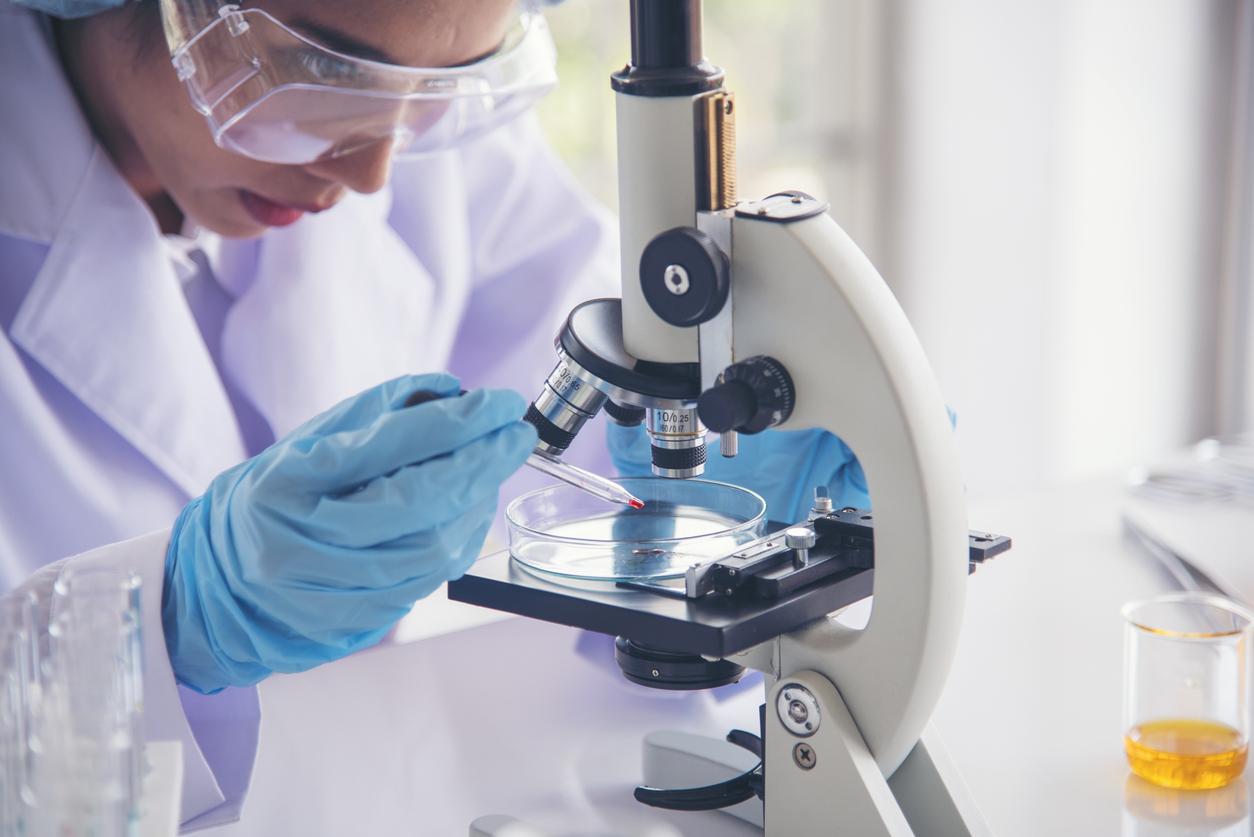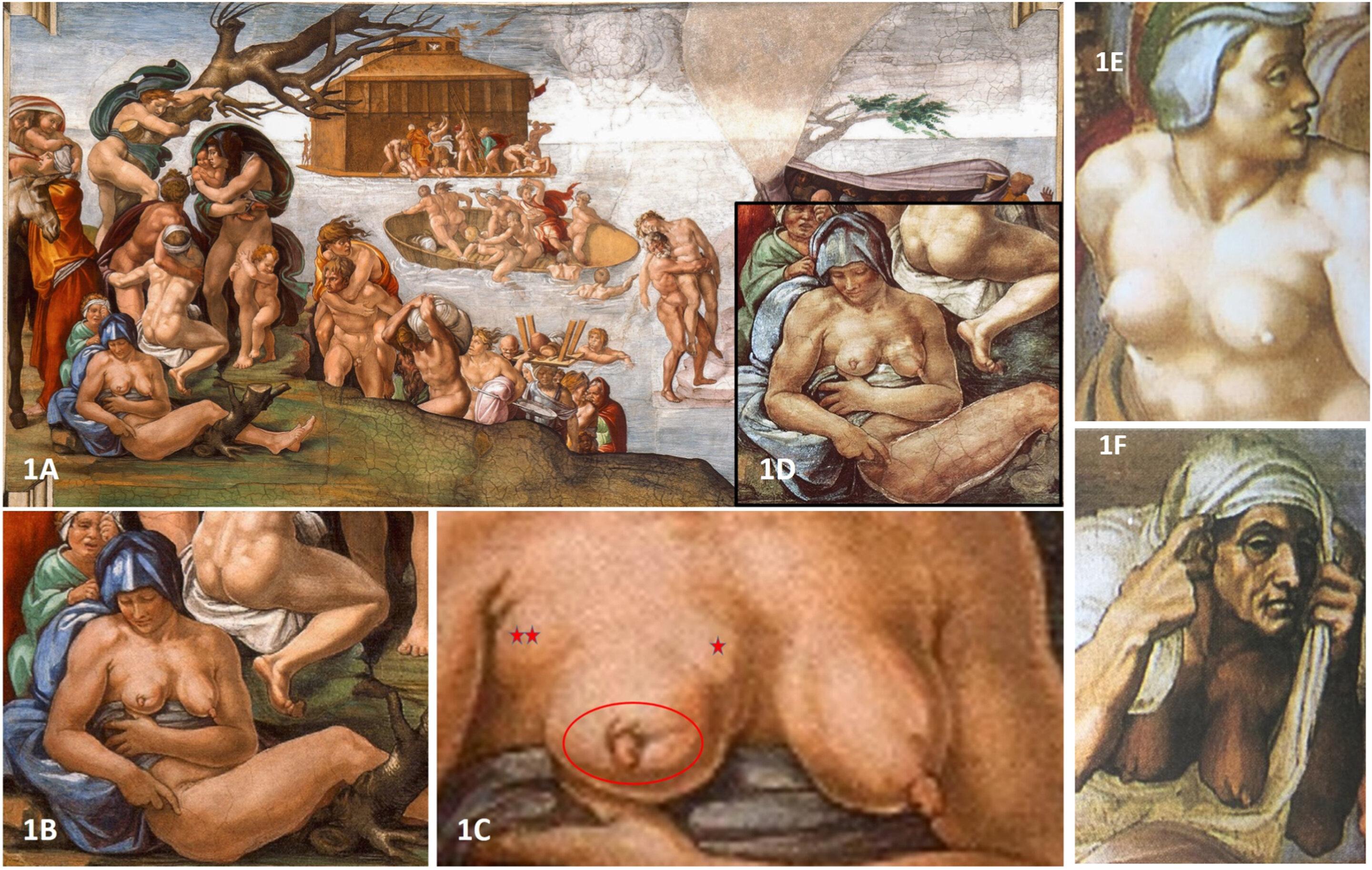More women are getting genetic tests, but a study shows the results lead to unnecessary aggressive surgeries.

Genetic tests to predict the risk of cancer, why not, but with parsimony and above all, an enlightened reading. According to a study published in the journal Journal of Clinical Oncology , almost half of the women who underwent a double mastectomy after having carried out a genetic test proving the presence of a suspicious gene probably did it for nothing: in reality, they were not carriers of the genetic mutation inducing with certainty an increased risk of breast cancer.
These surprising results suggest that very many doctors do not know how to correctly interpret the results of these genetic tests, explain the researchers from Stanford University.
Uncertain genes
Indeed, these tests detect genetic mutations that increase the risk of certain breast cancers, the best known being BRCA1 and BRCA2. But they often detect other mutations whose impact is unknown, explain the authors. These genes are not “normal”, but their mutation is not necessarily linked to a risk of cancer. In fact, according to the level of evidence available, there is a nine out of ten chance that such a mutation is benign!
The guidelines recommend that women with an uncertain genetic result should not undergo aggressive treatment, such as those who test positive for the BRCA 1 or 2 gene.
However, among the 666 breast cancer patients in the study who underwent a genetic test, all were treated the same way. Whatever the result of the test, sure or uncertain, they had as much risk of undergoing a double mastectomy, a particularly invasive surgical operation since it consists of the removal of both breasts.

The Angelina Jolie Effect
According to this work, the surgeons declared to have treated the patients in the same way, whether the genetic test augurs certain carcinogenic mutations or not. “This is outside the guidelines and could lead to more invasive surgeries,” the authors warn.
Surgeons who were used to treating breast cancers were less likely to perform invasive procedures in the event of uncertain genetic results. However, one in four said they also handle both kinds of results (BCRA mutations and uncertain mutations). As for the surgeons less familiar with these cancers, half declared reserving the same treatment for both situations.
Genetic testing for breast cancer has become very popular in recent years, and more so since Angelina Jolie shared her own story. Carrier of the BRCA gene, the American actress has indeed undergone a double mastectomy – justified, for once.
Genetic education
These results show that geneticists must make a significant educational effort within teams dealing with cancers. According to this work, only half of the patients in the study discussed the result of their test with a geneticist. Worse: only seven out of ten women have discussed it with several health professionals. However, the recommendations recommend a systematic interview with at least one genetics specialist, in addition to the surgeon.
But integrating geneticists into the care pathway for these women can be more complex than it seems, explains the American press, which comments on these results. Indeed, genetic specialists are rare in the United States because insurance very rarely reimburses their services. This shortage leads to very long waiting times – too much, probably, for women anxious about an uncertain genetic test.
.

















